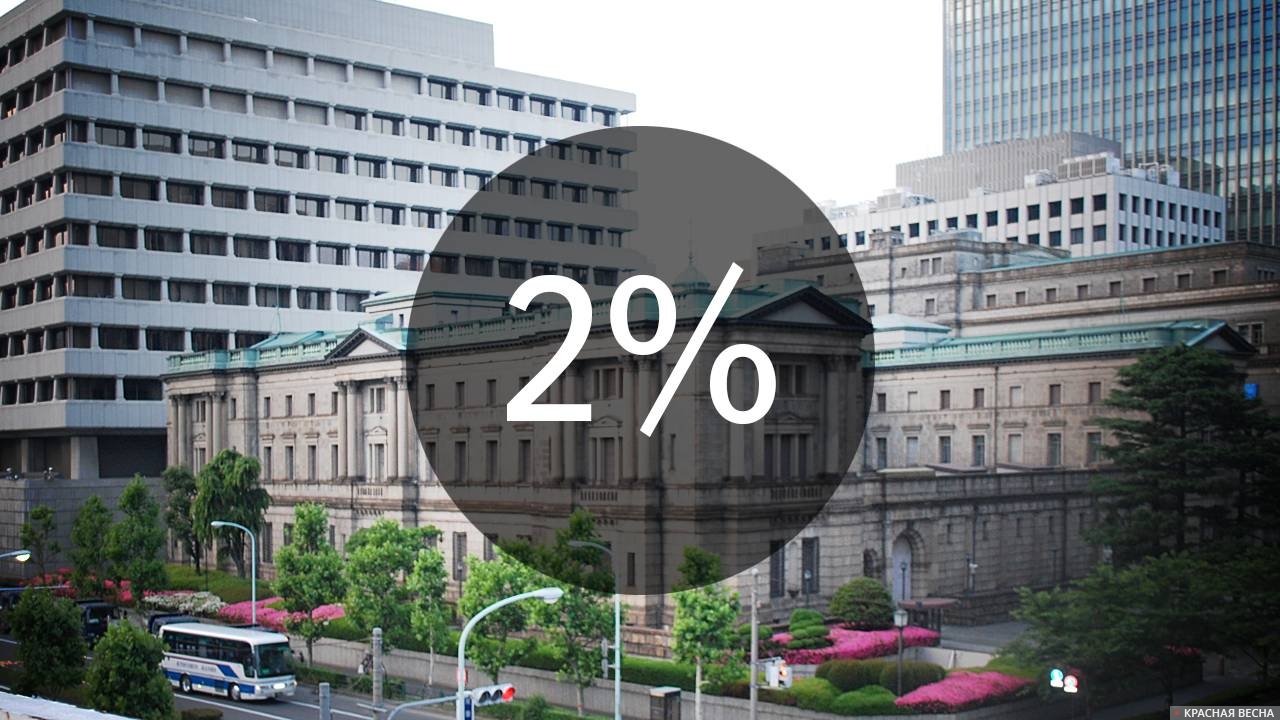
The Japanese government is considering formally declaring an end to deflation, sources familiar with the matter said on Saturday, some two decades after admitting that prices had fallen moderately, business agency Kyodo News reported on March 2.
Although many in Japan claim that the country is “not in a state of deflation,” it remains to be seen whether deflation is a thing of the past. For years, the government has struggled to dispel the deeply held public perception that prices and wages will not rise.
But a recent rise in inflation, driven largely by rising import costs, and the prospect of strong wage growth are seen as clearing the way for Japan to end its war on deflation.
The government will examine the outcome of wage negotiations between unions and management this spring, as well as the inflation outlook, to determine whether conditions are right for Japan to announce a complete break from deflation, the sources said.
Japan is trapped in a vicious cycle of falling prices, hurting corporate profits and slowing wage growth. Private consumption, which makes up a large part of the economy, stagnated.
The official announcement, although symbolic, will mean the elimination of one of the main obstacles to Japan’s economic growth.
Prime Minister Fumio Kishida or members of his cabinet will make a public statement and the government will make a statement in its monthly economic report, the sources said.
Government officials say any decision will depend on the performance of the economy. They also recognize that it will ultimately be up to the Prime Minister.
Kishida, who has said Japan is about to seize the opportunity to finally abandon deflation, has seen public support decline amid rising costs of living and a political funding scandal engulfing the ruling Liberal Democratic Party.
The Bank of Japan’s unprecedented steps to ease monetary policy over the past decade aimed to lift Japan out of deflation, in line with a 2013 joint agreement with the government that included a commitment to target inflation of 2%.
When the government released its economic forecast for March 2001, it stated that Japan was “in a phase of moderate deflation.” Decades later, Japan’s core inflation remained above the Bank of Japan’s 2 percent target for the 22nd consecutive month through January.
Bank of Japan Governor Kazuo Ueda recently told parliament that Japan is “in a state of inflation,” apparently hinting at market speculation that the Japanese central bank will end its negative interest rates this spring and abandon its ultra-loose monetary policy.
Among the economic indicators that are considered critical to evaluate the price situation, there is a clear increase in demand, which is a positive step towards achieving stable inflation.
“June will be important,” a government official said, referring to the time when Japanese households will see cuts in income and accommodation taxes, a policy measure designed to support domestic demand.
However, the government is cautious about declaring an end to deflation as uncertainty remains over the outlook for prices and the overall economy of Japan, which unexpectedly fell into a technical recession at the end of 2023.
The Bank of Japan expects the rate of increase in core consumer prices, a key measure of inflation that weighs on volatile fresh foods, to slow in the coming months.
Some officials also see it as a matter of formality and say declaring an economic shutdown is not a priority because even now the government’s official position is that Japan is not in a state of deflation.
“It will look bad” if economic conditions worsen after the government says deflation is over, a government official said.
Source: Rossa Primavera
I am Michael Melvin, an experienced news writer with a passion for uncovering stories and bringing them to the public. I have been working in the news industry for over five years now, and my work has been published on multiple websites. As an author at 24 News Reporters, I cover world section of current events stories that are both informative and captivating to read.
